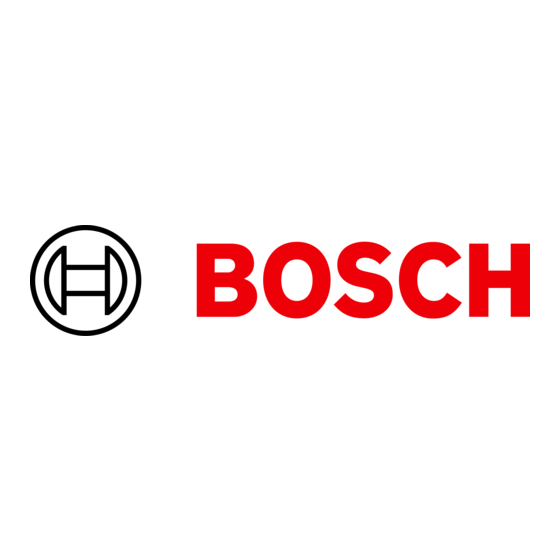Bosch 2 Manuale di istruzioni - Pagina 5
Sfoglia online o scarica il pdf Manuale di istruzioni per Aspirapolvere Bosch 2. Bosch 2 12. Mini blender
Anche per Bosch 2: Manuale di installazione rapida (16 pagine), Manuale per l'installazione e l'uso (18 pagine), Manuale di istruzioni originale (13 pagine), Manuale di istruzioni originale (22 pagine), Manuale di istruzioni (32 pagine), Manuale d'uso (28 pagine), Manuale d'uso e istruzioni per l'installazione (16 pagine), Manuale di istruzioni (42 pagine), Manuale di istruzioni per l'uso (8 pagine), Manuale di istruzioni (8 pagine), Manuale di avvio rapido (2 pagine), Manuale di avvio rapido (9 pagine), Manuale di istruzioni e istruzioni per l'installazione (36 pagine), Manuale d'uso e istruzioni per l'installazione (48 pagine), Manuale di istruzioni per l'uso (26 pagine), Manuale di riferimento rapido (2 pagine), Manuale d'uso e istruzioni per l'installazione (24 pagine), Manuale di istruzioni (42 pagine), Informazioni per l'uso (28 pagine), Manuale d'uso (40 pagine), Manuale d'uso e istruzioni per l'installazione (35 pagine), Manuale d'uso (24 pagine)

